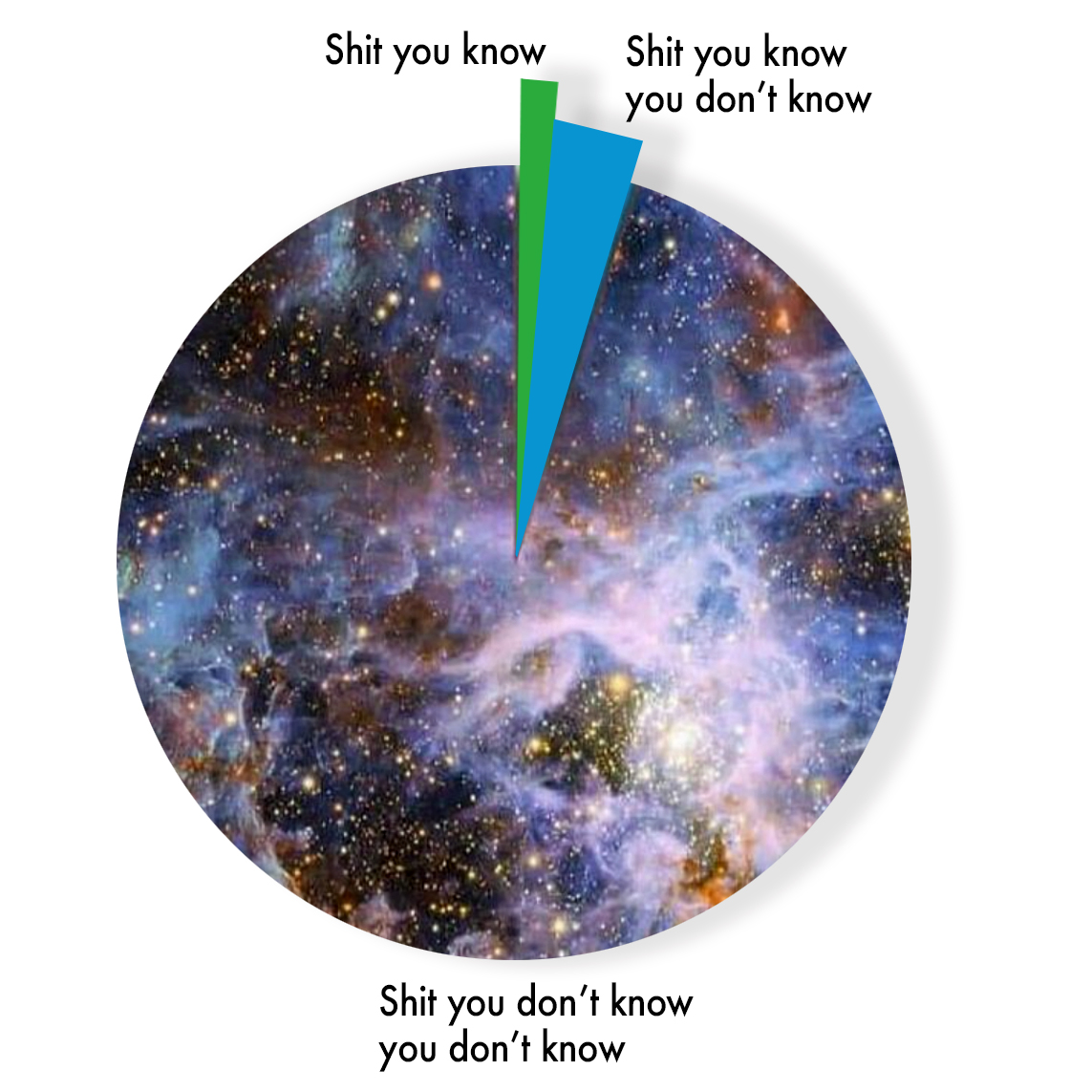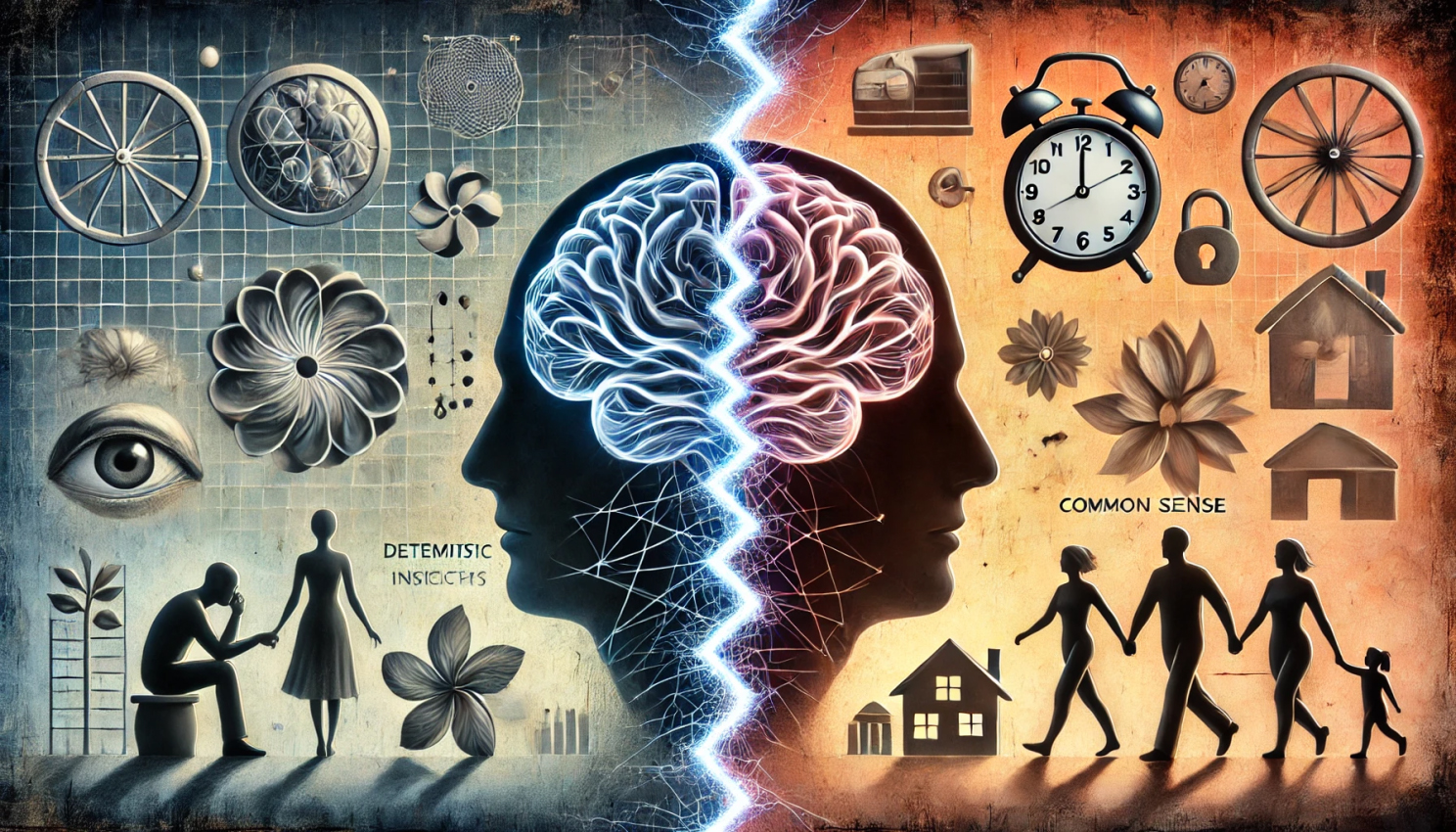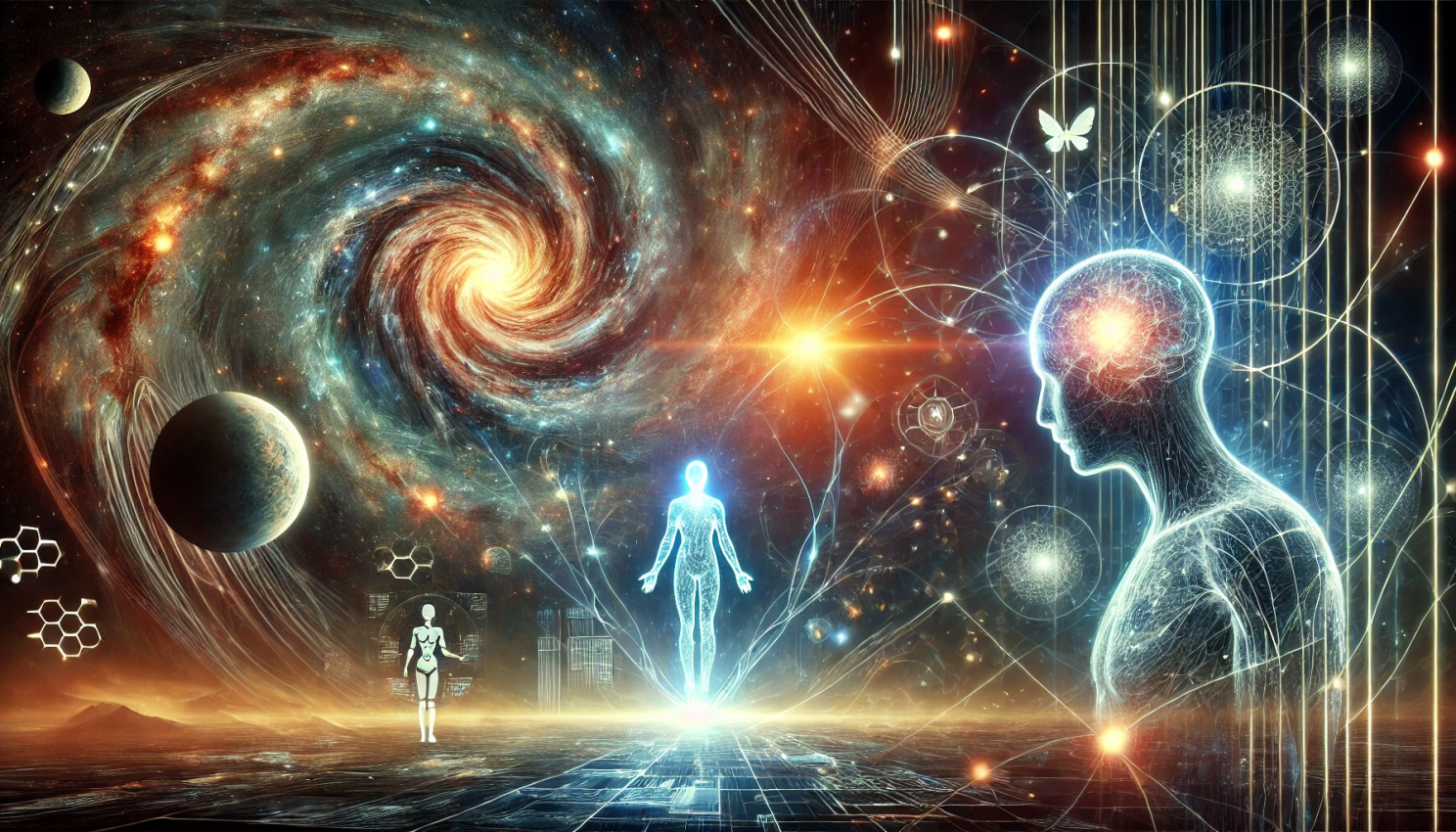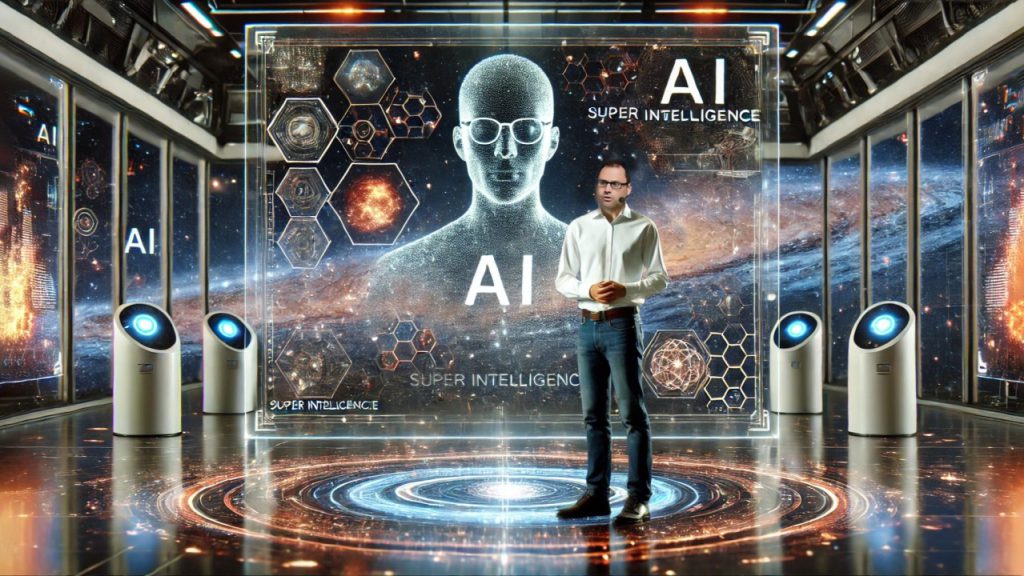Prefer listening? I transformed this article into a podcast using Google’s NotebookLM. It’s surprisingly accurate and even expands on some of the ideas. Give it a listen!
Socrates (Philosopher, 470 – 399 BC):
“All I know is that I know nothing”
Daniel Kahneman (Psychologist, Nobel prize winner, 1934 – 2024):
“Our comforting conviction that the world makes sense rests on a secure foundation: our almost unlimited ability to ignore our ignorance.”
From Socrates to the present day, great philosophers remind us of our ignorance about the true nature of reality. And yet, we behave as if we fully understand it! The entire human civilization is built on the assumption that our perception of the world is correct, that everything “makes sense”. But could this belief simply be an illusion, a product of our limited human perspective?
Elon Musk’s new company, xAI, is on a mission to uncover the cosmos’s deepest secrets. This ambitious undertaking, however, raises a fundamental question: can artificial intelligence, as we currently conceive it, truly achieve such a profound understanding? AI has indeed advanced a lot, however its ability to comprehend the vastness and complexity of the universe may be inherently limited by its human-centric design.
We’ll examine the limitations of human perception, the challenges of replicating it in AI, and the potential need for radically different forms of intelligence to truly grasp the universe and reality.

Even with the little “we know”, like quantum physics, do we really understand it?
Our attempts to comprehend the cosmos are inherently filtered through the lens of “common sense,” that collection of intuitive assumptions and heuristics we use to navigate everyday life. But common sense has its limits when it comes to cosmic mysteries. Our intelligence evolved primarily to solve practical problems: finding food, avoiding predators, and securing mates within the African savanna. Understanding the vastness of spacetime, the intricacies of quantum mechanics, or the origins of the universe were not exactly priorities in our evolutionary journey. While the development of language further enhanced our cognitive abilities, it also built upon this foundation of “common sense,” perpetuating our inherent biases and limitations. We created complex language and ideas to explain the world, but these are based on our limited, earthbound experiences. So, our tools for understanding might actually stop us from fully grasping the true nature of the universe!
Beyond common sense lies another defining characteristic of human intelligence: our extraordinary capacity for pattern recognition. This skill, developed over thousands of years, helped our ancestors survive by noticing patterns in nature, like the rustling of leaves because of a predator or movements of prey. This innate talent for finding order amidst chaos extends beyond the immediate environment. Our pattern-seeking brains, with their remarkable capacity for abstraction and imagination, gave rise to mathematics, a system of logical patterns where new ideas build on established truths!

Here a profound mystery emerges:
Nature itself appears to operate according to patterns, echoing the very logic we’ve developed with mathematics. The success of physics, where mathematical models accurately predict phenomena, is a testament to this astonishing consistency.
This alignment between our internal logic and the external world has led some to propose the simulation hypothesis: This match between our internal logic and the external world has led some to wonder if we might be living in a carefully designed simulation (maybe The Matrix is more documentary than SciFi 🙂). While it’s just a theory, it shows the deep connection between our minds and reality: why does the universe seem to follow rules instead of being random?
Paradoxically, even when our mathematical models accurately predict natural phenomena, the results often go beyond our common sense. Take Einstein’s general relativity, a cornerstone of modern physics. How many of us truly comprehend that time is not absolute but is linked with space, creating spacetime? Or the idea that there might be more than four dimensions? Quantum physics is even stranger, where particles exist in a superposition of states, simultaneously occupying all possible positions until measured! This defies our intuitive understanding of reality, where objects have definite properties, right? The “Many-Worlds Interpretation” (MWI), a mind-boggling attempt to explain this and the most popular explanation among physicists, suggests that every quantum measurement creates countless parallel universes, each with a different outcome😮. Finally, our sense of self and free will might be illusions, as neuroscience suggests that our thoughts and actions are governed by deterministic processes (or by random quantum events, which makes no difference in the context of free will). All of this raises an important question: how do these scientific insights align with the common sense that forms the foundation of our everyday lives? The answer is, they don’t…

It’s crucial to recognize that the limitations of human cognition, shaped by our evolution and brain structure, extend to the realm of artificial intelligence as well, at least in its current form. Large Language Models (LLMs) can perform impressive feats with language and critical thinking, but they share the same common-sense biases as humans, due to the way they were trained. This common sense, developed solely for survival on Earth, proves inadequate when it comes to understanding the universe’s enigmas and the true nature of reality.
While current AI excels at tasks once considered exclusive to human intellect—analyzing data with unparalleled speed, crafting intricate business strategies, surpassing grandmasters in chess—it remains rooted in human patterns of thinking. An AI’s “understanding” of physics is built upon a foundation of human perception and intuition, which is fundamentally ill-equipped to grasp reality at its deepest levels…
Imagine trying to explain the idea of color to someone who has only ever seen in black and white. They might struggle to grasp the concept, just as a creature living in a flat, two-dimensional world would have difficulty understanding depth or height.
Similarly, when we (both humans and current AI) try to understand complex ideas like quantum superposition—the idea that a particle can exist in multiple states at once—it’s beyond our common sense.

To explore the deeper secrets of the universe, we may need a new kind of intelligence—one that doesn’t rely on human instincts or perceptions. An Alien Intelligence, free from the limits of human thinking, could offer fresh insights into how the universe truly works. While current AI, such as Large Language Models (LLMs), excel at processing and organizing human knowledge, to truly understand the cosmos, we may need to go beyond human-like thinking altogether! Unfortunately, we have no idea how to build such an intelligence yet…
PS. If you’re interested in joining me live on October 22 for a discussion on this topic and to exchange ideas, feel free to send me a direct message, and I’ll be happy to provide you with an invitation 😉
